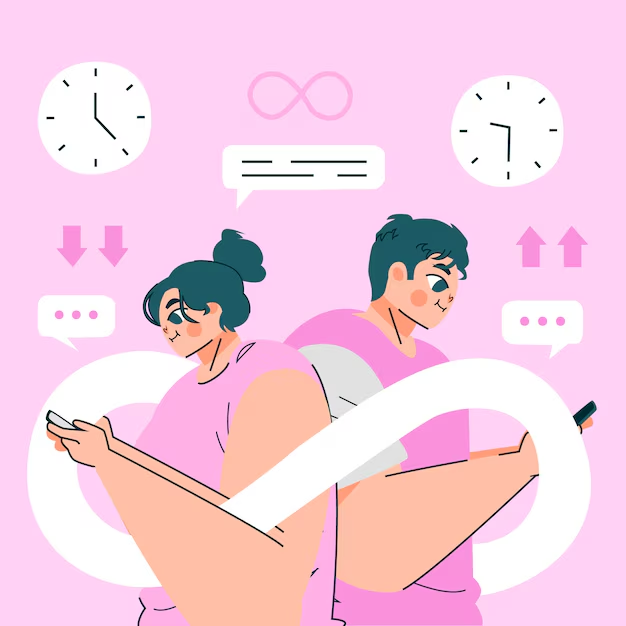Managing body image issues

Pregnancy is a beautiful and transformative journey, but it also comes with significant physical and emotional changes. While many women embrace the experience, others struggle with the shifting perception of their bodies. If you're feeling insecure, overwhelmed, or disconnected from your self-image during pregnancy, know that you're not alone and it's okay to feel this way.
In this blog, we explore why body image issues may arise during pregnancy and how to manage them with compassion, self-awareness, and support.
Why Pregnancy Can Trigger Body Image Issues
Pregnancy changes nearly every part of a woman’s body belly, breasts, skin, weight, and even posture. These changes are natural and necessary, but the sudden difference in appearance and how others respond can impact self-esteem. Some common reasons include:
-
Weight gain and shape changes
-
Stretch marks, skin pigmentation, and acne
-
Comparison with others, especially idealized pregnancy portrayals online
-
Reduced mobility or physical discomfort
-
Shifting intimacy with a partner
For many, the loss of control over their bodies can feel disorienting, especially in a culture that often equates beauty with slimness or "bounce-back" expectations after delivery.
Emotional Impact on Relationships
Body image struggles can also affect how a pregnant woman connects with her partner. Intimacy may feel strained not just physically but emotionally. You might wonder if your partner still finds you attractive or feel hesitant to initiate affection.
Open communication becomes essential. Remember, your partner may not fully understand the changes you're experiencing, but many are willing and eager to support you when you express your needs and vulnerabilities.
Practical Ways to Manage Body Image Issues
1. Shift Your Perspective
Instead of focusing on how your body looks, appreciate what it’s doing. Your body is creating life, sustaining growth, and performing miraculous functions. Reframe your internal dialogue from “I feel huge” to “I’m strong and nurturing.”
2. Stay Connected with Your Body
Gentle movement like prenatal yoga, stretching, or swimming can help you feel more in touch with your body. It’s not about fitness goals it’s about appreciating your body’s current abilities.
3. Limit Media Exposure
Unfollow social media accounts that promote unrealistic beauty standards. Instead, surround yourself with empowering content real stories, body-positive influencers, and diverse representations of pregnancy.
4. Dress for Comfort and Confidence
Wearing clothes that fit well and make you feel good can do wonders. Invest in maternity wear that celebrates your bump and enhances your comfort not hides it.
5. Talk It Out
Speak with a trusted friend, your partner, or a counselor. Verbalizing your thoughts can reduce their weight. Sometimes just knowing you’re not alone can be incredibly healing.
6. Practice Daily Affirmations
Start your day with positive affirmations like:
“I am beautiful as I am.”
“My body is powerful and purposeful.”
“I trust the process and honor myself.”
Support from Your Partner
For partners, supporting a pregnant woman facing body image struggles means being sensitive, patient, and affirming. Compliments that go beyond appearance like appreciating her strength, effort, or nurturing qualities can be especially meaningful.
Small gestures like hugs, gentle massages, or simply listening without judgment help deepen connection and intimacy.
When to Seek Professional Help
If body image concerns begin to interfere with your daily life or contribute to feelings of depression, anxiety, or disordered eating, it’s important to seek help from a healthcare provider, therapist, or counselor experienced in prenatal care.
Related Articles

The Relationship Between Exercise and Your Menstrual Cycle

Comfort foods that don’t worsen symptoms

Listening to your body's readiness

Choosing a pediatrician

Baby development at 16 weeks

Preparing your body for birth

Shopping for baby essentials

Best foods to eat on your period